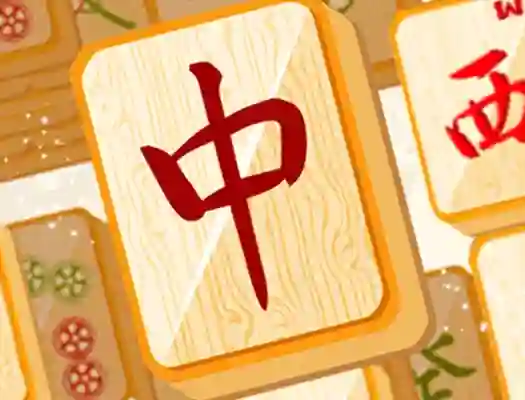

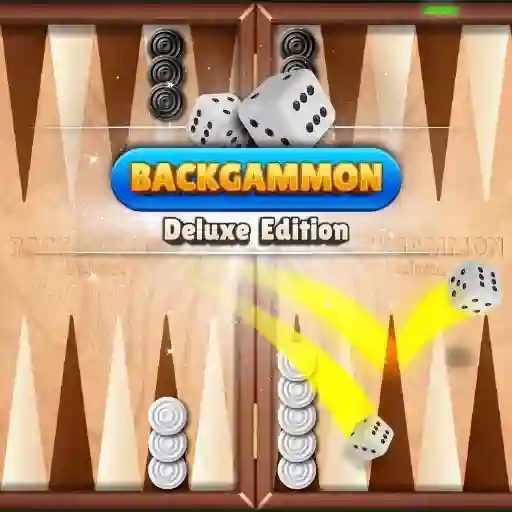



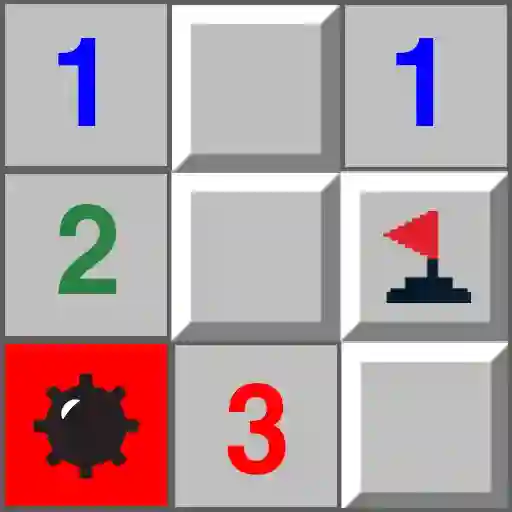



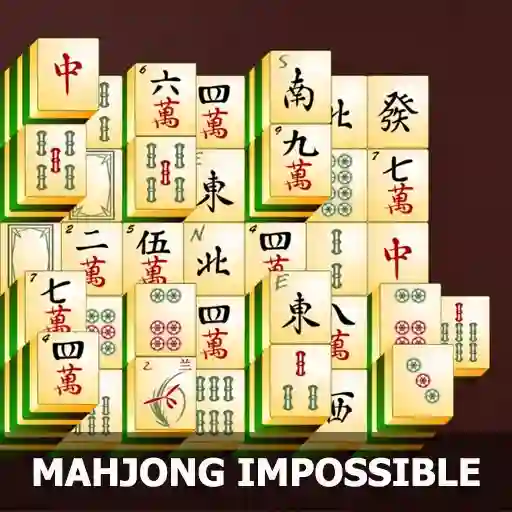

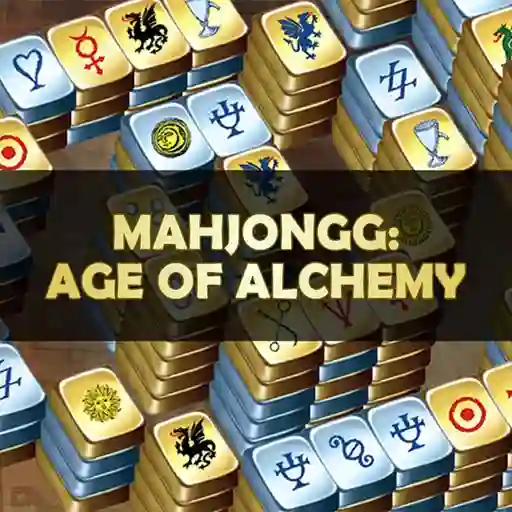




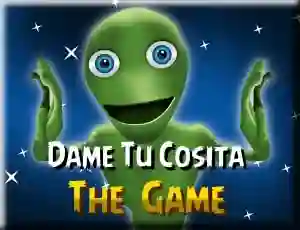
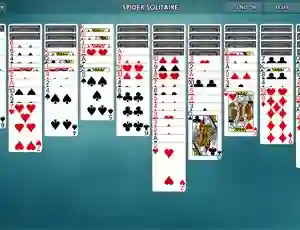

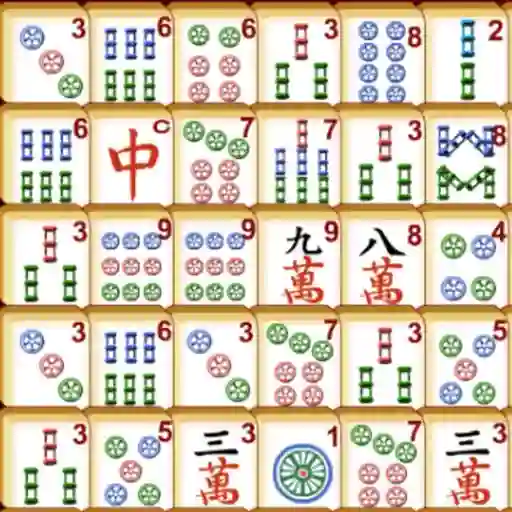



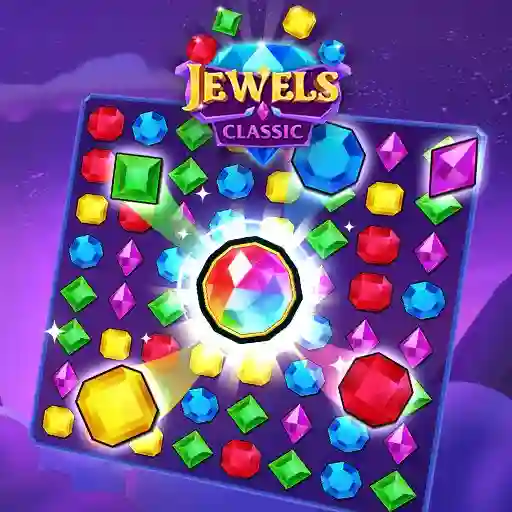





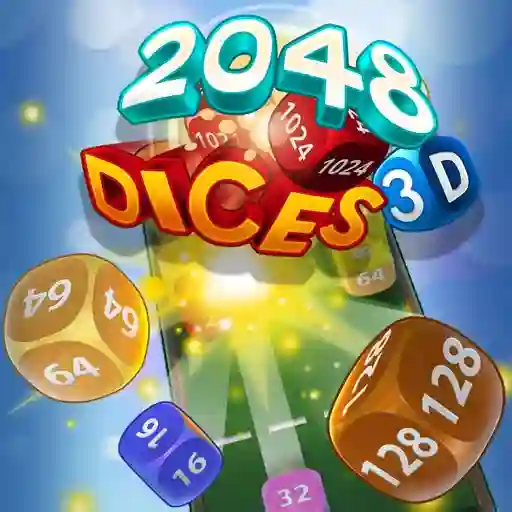
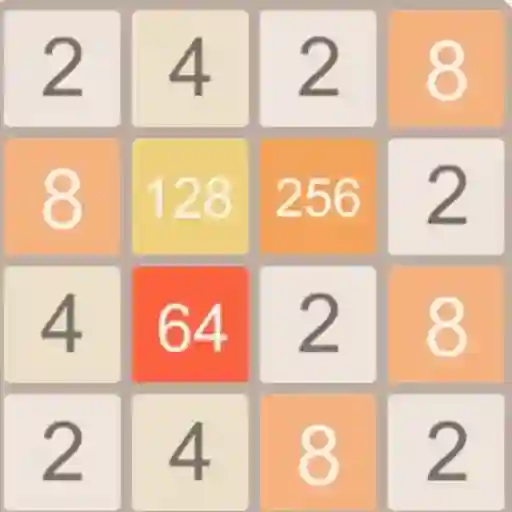

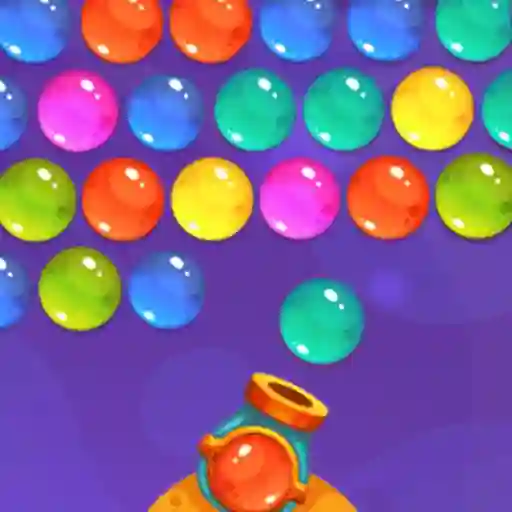
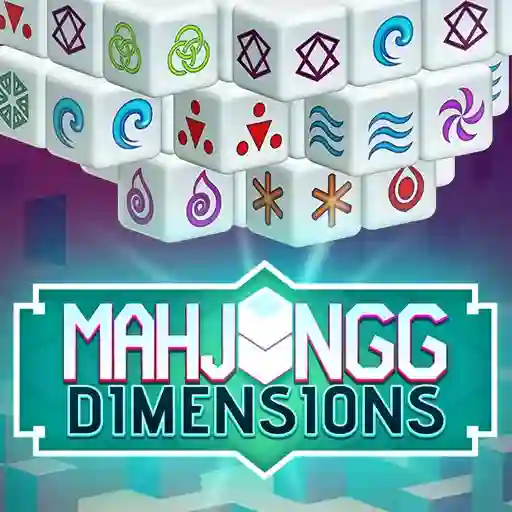





Classic games refer to video games from earlier eras that have stood the test of time, often retaining popularity and influence long after their release. These games are typically characterized by their simple yet engaging mechanics, nostalgic value, and timeless appeal. Classic games span a wide range of platforms, including arcade machines, home consoles, and early PCs. They often serve as the foundation for modern gaming trends and genres, inspiring remakes, sequels, and spiritual successors.
Key features of classic games include: • Iconic characters and worlds, such as Pac-Man, The Legend of Zelda, and Super Mario. • Retro graphics and soundtracks that evoke a sense of nostalgia. • Addictive gameplay with straightforward controls and escalating difficulty. • Cultural impact, with many titles becoming symbols of their era. • Influence on modern gaming, as developers often draw inspiration from classic designs.
What makes a game a "classic"?
A game is considered a classic if it has had a lasting impact on the gaming industry, maintains a dedicated fanbase, and remains enjoyable even years after its release. Timeless design and memorable experiences are key factors.
Can classic games still be played today?
Yes! Many classic games are re-released as remasters, ports, or through retro gaming platforms like emulators or virtual consoles. This allows modern players to experience these timeless titles on newer devices.
Are classic games suitable for all ages?
Most classic games are designed to be family-friendly, with simple, accessible gameplay. However, some titles may contain mild challenges or themes that could be less appealing to very young children. Parents should review content to ensure it suits their child's preferences.